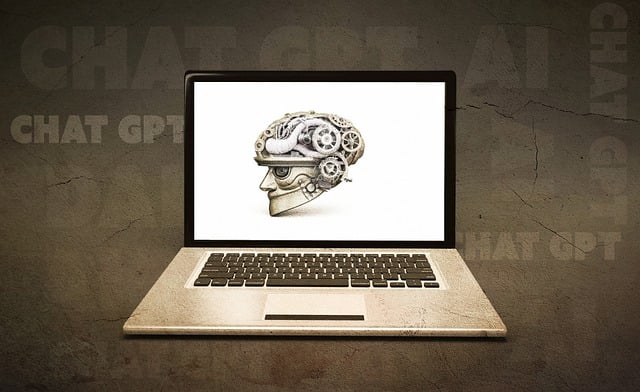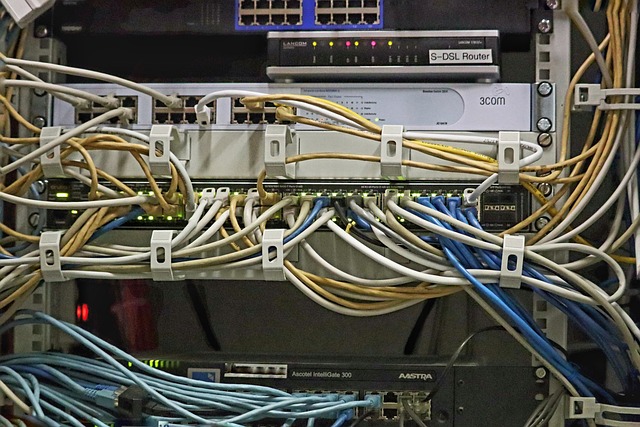# The Evolution of AI Technology: Trends Shaping Our Future and Reshaping Society Today
Artificial Intelligence (AI) has transitioned from a theoretical concept to a transformative force that is reshaping industries and societal norms. As we delve deeper into the 21st century, the implications of AI technology are becoming increasingly pronounced. This article explores the evolution of AI, highlighting the trends that are shaping our future and the profound impact they are having on society today.
## The Historical Context of AI Development
Initially, the roots of AI can be traced back to the mid-20th century when pioneers like Alan Turing and John McCarthy laid the groundwork for machine learning and cognitive computing. Turing’s seminal work on algorithms and computation theory set the stage for machines to simulate human intelligence. As research progressed, the field experienced periods of optimism and disillusionment, known as “AI winters,” which were characterized by reduced funding and interest.
Fast forward to the 21st century, advancements in computational power and data availability have catalyzed a resurgence in AI research. The development of deep learning, a subset of machine learning, has been particularly influential. By utilizing neural networks with multiple layers, researchers have achieved unprecedented accuracy in tasks such as image and speech recognition. This resurgence has not only revived interest in AI but has also led to its integration into various sectors, including healthcare, finance, and transportation.
Emerging from this historical context, AI technology is now at a critical juncture, with trends influencing its trajectory. The convergence of AI with other technologies, such as the Internet of Things (IoT) and blockchain, is creating new opportunities and challenges. As AI systems become more interconnected, the potential for innovative applications and unforeseen consequences increases.
## Current Trends in AI Technology
Several key trends are currently shaping the landscape of AI technology. One prominent trend is the rise of explainable AI (XAI). As AI systems become more complex, the need for transparency in their decision-making processes has become paramount. Stakeholders, including regulators and consumers, demand clarity on how AI algorithms arrive at their conclusions. This demand is particularly crucial in sectors like healthcare, where AI-driven diagnoses can significantly impact patient outcomes.
Another significant trend is the growing emphasis on ethical AI. With the increasing deployment of AI technologies, concerns regarding bias, privacy, and accountability have come to the forefront. Researchers and policymakers are now advocating for frameworks that guide the ethical development and use of AI. This includes ensuring that AI systems are trained on diverse datasets to minimize bias and that robust mechanisms are in place to protect user data.
Moreover, the trend towards democratizing AI technology is gaining momentum. Previously, access to AI tools and expertise was limited to large corporations and tech giants. However, with the proliferation of open-source platforms and user-friendly interfaces, smaller businesses and individuals can now leverage AI for various applications. This democratization is fostering innovation across sectors, enabling a wider array of solutions to emerge.
## The Societal Impact of AI
The societal implications of AI technology are profound and multifaceted. One of the most discussed impacts is on the workforce. Automation driven by AI is reshaping job markets, with tasks traditionally performed by humans increasingly being handled by machines. While this shift promises increased efficiency and productivity, it also raises concerns about job displacement and the need for workforce reskilling.
In addition to workforce implications, AI is transforming how we interact with technology and each other. Voice-activated assistants, personalized recommendations, and chatbots are becoming integral to our daily lives. These advancements are not only enhancing convenience but also altering consumer behavior and expectations. As AI continues to evolve, the nature of human-computer interaction will likely become more intuitive and seamless, further embedding AI into the fabric of society.
Another critical area where AI is making an impact is in addressing global challenges. From climate change to healthcare disparities, AI has the potential to provide innovative solutions. For instance, AI algorithms can optimize energy consumption in smart grids, predict disease outbreaks, and personalize treatment plans for patients. These applications demonstrate AI’s capacity to contribute positively to societal issues, fostering a sense of hope for the future.
## Conclusion: The Future of AI Technology
As we look ahead, the future of AI technology is both exciting and uncertain. The trends currently shaping AI will undoubtedly continue to evolve, influencing not only technological advancements but also societal norms and ethical considerations. The importance of fostering a collaborative dialogue among technologists, policymakers, and the public cannot be overstated.
Looking forward, the challenge will be to harness the power of AI while ensuring that its development aligns with human values and societal needs. By prioritizing transparency, ethics, and inclusivity, we can navigate the complexities of AI technology and maximize its potential to enhance our lives. As we stand on the precipice of this technological revolution, the choices we make today will determine the role AI plays in our future, ultimately shaping the society we inhabit.











